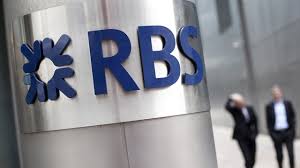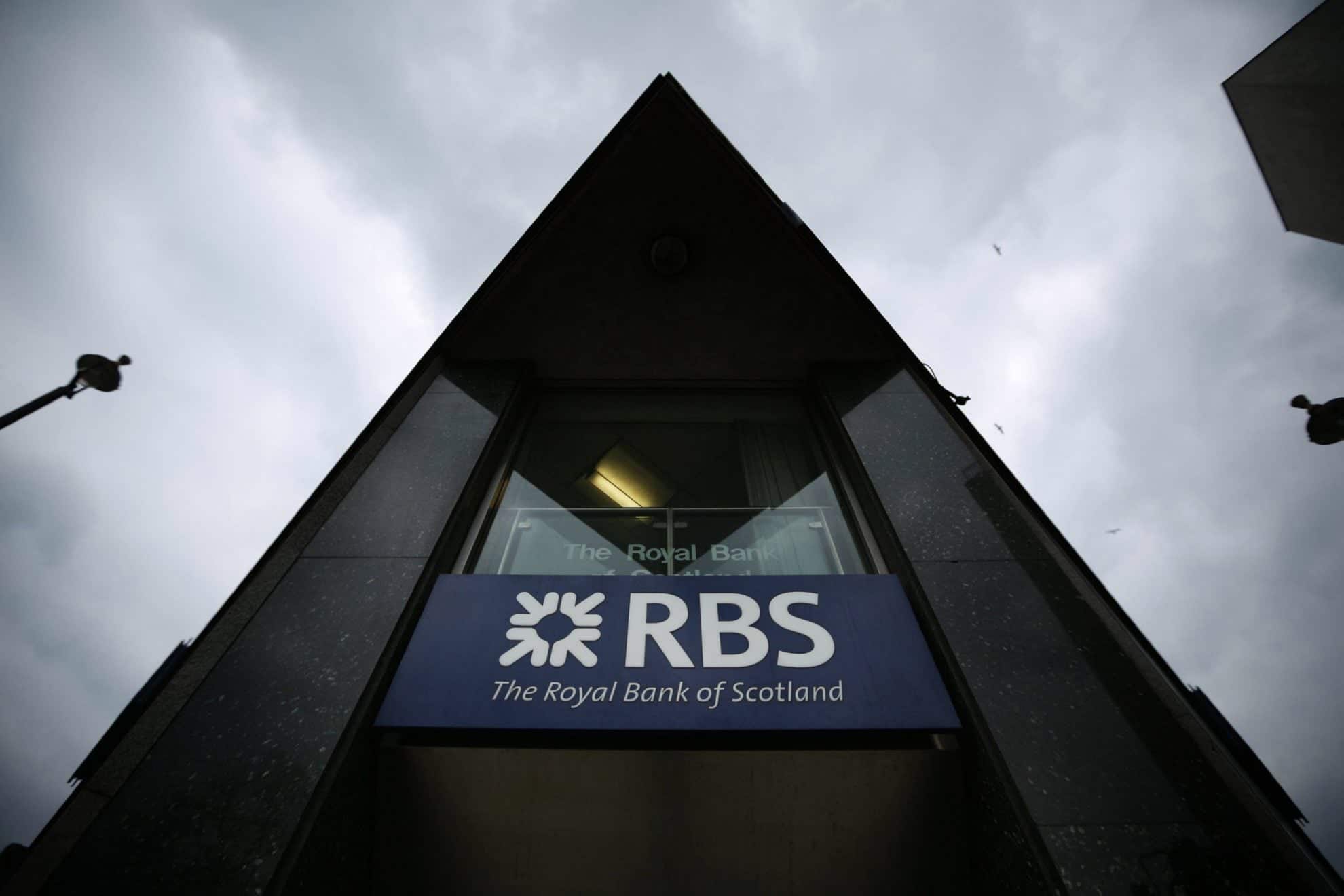Our team of specialist bank litigation solicitors and barristers are assisting many UK SME businesses in obtaining redress via litigation claims against the Royal Bank of Scotland’s Global Restructuring Group. GRG’s ‘business recovery’ activities were misrepresented as GRG were in fact organised to profit from distressed customers in a dishonest, excessive and calculated way.

Check Your Litigation Case ✔
We analyse your case prospects. We deliver strategic legal advice at your first fixed fee meeting. We get optimal legal results. Want our opinion on your case? Click below or call our lawyers in London on ☎ 02071830529
What is GRG?
NatWest and RBS’s Global Restructuring Group, was a business support unit (BSU) for troubled businesses set up in the early nineties by Derek Sach and was formerly known as Specialised Lending Services. Following the credit crunch, GRG took control of 16,000 SME customers with £65 billion of assets via ‘Project Dash for Cash’. Following allegations of misfeasance, GRG was reportedly disbanded in August 2014.
Distressed customer relationships are now handled by the Restructuring Group.
What did GRG do wrong?
In 2013 the UK government’s entrepreneur-in-residence, Mr Lawrence Tomlinson reported that GRG took advantage of struggling businesses to secretly boost RBS and NatWest profits.
Under threat of foreclosure of loans, the banks seized control of customer assets cheaply from businesses they claimed were failing even though often they had not defaulted on any loan repayments.
Bank managers were able to increase their bonuses by identifying business customers who could be squeezed in what the bank itself called in a 2008 email: “Project: Dash for Cash”.
More than 12,000 companies were pushed into the bank’s controversial “turnaround” division and between 2007 and 2012, the value of loans to customers in the GRG increased five-fold to more than £65bn.
GRG Litigation Claim?
The legal basis for claims is as follows:
- Breach of contractual terms specific to each case;
- Breach of an implied duty of good faith whereby contracting parties have a duty of good faith under which they are obliged to treat each other honestly and responsibly;
- Breach of fiduciary duties by directors including where the bank forces appointment of a director or otherwise acts as shadow director;
- Unlawful means conspiracy where two or more parties agree to use unlawful means to injure the business customer causing the business damage;
- Misrepresentation where Natwest, RBS and/or GRG make a false statement of fact to a customer, which induces the customer to enter into a contract such as a profit participation agreement (PPA) or property participation fee agreement (PPFA) or exit fee agreement or loan agreement;
- Negligence in the form of a failure to treat GRG customers with proper care and attention.
Victims of RBS, NatWest, GRG and West Register should consider legal action promptly on their specific cases. If businesses fail to do so then their legal rights will become time-barred by the Limitation Act 1980, resulting in the complete loss of any legal right to compensation.
Legal rights can be preserved by urgently instructing solicitors to agree a carefully negotiated standstill agreement or by issuing protective legal proceedings.
RBS FCA Review?
The FCA announced in January 2014 that it would conduct an ‘independent’ review of Royal Bank of Scotland’s treatment of business customers in financial difficulty. The findings of this review have been known to the regulator and, bizarrely for an ‘independent’ review to RBS for several months however no publication of the FCA GRG review has occurred.
It has been rumoured that a redress scheme would follow this FCA RBS GRG review but no such compensation scheme has been announced. Victims of NatWest and RBS’s GRG division (or indeed any other bank business support unit) should not wait for a regulatory announcement, as doing so may mean their legal rights expire.
Expiry of legal rights allows wrongdoers, such as NatWest, RBS, GRG, and West Register, to breathe a sigh of relief, safe in the knowledge they have gotten away with their malevolent actions.
Protecting Legal Rights against RBS GRG
It is an absolute must that victims of RBS GRG or other bank BSUs protect their legal rights. This is the only sensible course of action when a business is facing a high value dispute with a major bank, such as the Royal Bank of Scotland or National Westminster Bank. Otherwise, if there is no redress scheme, or if the bank refuses to offer reasonable redress, customers may well find they are time-barred from commencing legal action and their high value claim is now worthless.
Legal rights can be protected by taking urgent legal advice and by instructing specialist GRG solicitors to issue a protective claim form or by instructing GRG litigation solicitors to prepare and agree a carefully written standstill agreement.
LIMITATION ACT 1980 – WARNING
The Limitation Act 1980 sets out strict statutory deadlines within which you must bring litigation claims. Your legal rights will become irreversibly time-barred if you fail to take legal action (or defend a claim on time). Therefore, you should seek specific legal advice about your legal dispute at the very first opportunity so that you understand the time you have left. Failure to take advice or delay in taking action can be fatal to your prospects of success.
Please note that for regulatory reasons we do not offer any free advice.
LIMITATION ACT 1980 – WARNING
The Limitation Act 1980 sets out strict statutory deadlines within which you must bring litigation claims. Your legal rights will become irreversibly time-barred if you fail to take legal action (or defend a claim on time). Therefore, you should seek specific legal advice about your legal dispute at the very first opportunity so that you understand the time you have left. Failure to take advice or delay in taking action can be fatal to your prospects of success.
Please note that for regulatory reasons we do not offer any free advice.
